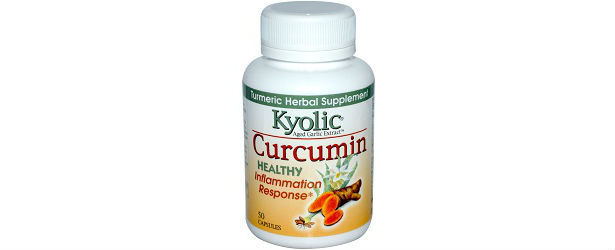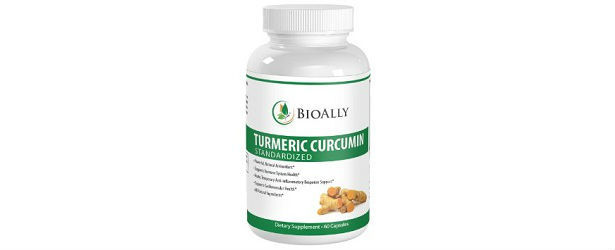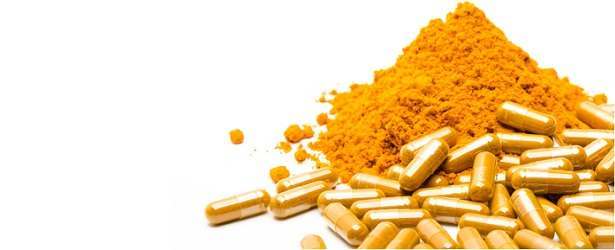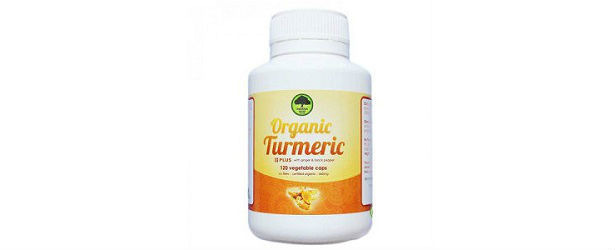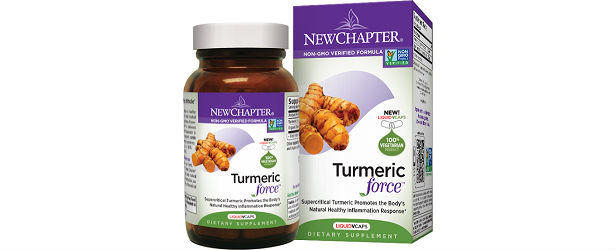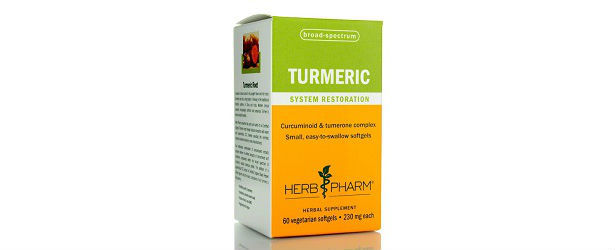
Understanding your Turmeric Supplement
There are many different type of turmeric supplements on the market. Turmeric is a common yellow spice that gives flavor to curried dishes. However, Turmeric is valued for more than just its cooking uses. The herb has been used in the Ayurvedic healing tradition for centuries. The active ingredients in Turmeric — Curcuma longa — are a group of plant substances called curcuminoids. Known collectively as “curcumin”, curcuminoids have demonstrated potent antioxidant properties in scientific studies. Curcuminoids benefit joints and other tissues by helping to neutralize free-radicals. Through its antioxidant mechanisms, curcumin supports colon health, exerts neuroprotective activity and helps maintain a healthy cardiovascular system.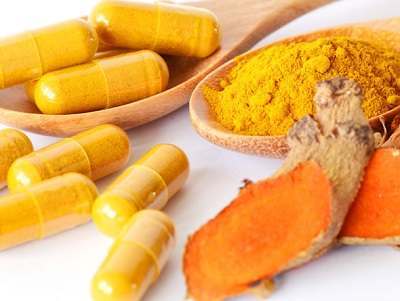
There are a variety of products on the market and sorting through them and selecting the best one for your needs can be confusing. Many companies trying to cash in on trends do not really care about the quality of their product, therefore their products may be ineffective. We are going to discuss some of the different types of turmeric supplements to help you make the best decision possible for your health.
Turmeric – standardized percent of curcuminoids
This type of turmeric supplement is an extract, and is a essentially a highly concentrated curcuminoid product. Some standardised extracts contain up 95% curcuminoids.
The advantage of this supplement is that it is a strong anti-inflammatory.You will receive a high dose of curcumin. One 500mg capsule of a 95% standardised extract will give you 450mg of curcumin. The main disadvantages to this type of supplement is that other nutrients are removed and chemical solvents are used. In order to create an extract and concentrate the curcuminoids to such a high level, chemical solvents are used. Some of these chemicals, particularly benzine (which is a blend of various compounds similar to kerosene, and contains small amounts of benzene) are toxic.
 Another note — Although there is no specific research with regards to curcumin, when nutrients are not consumed with the other nutrients they naturally occur with, they are poorly absorbed. It is possible that this is also true for curcumin.
Another note — Although there is no specific research with regards to curcumin, when nutrients are not consumed with the other nutrients they naturally occur with, they are poorly absorbed. It is possible that this is also true for curcumin.
Turmeric – root powder
This type of supplement contains powdered dried turmeric root, and so the nutrient content is not standardised to any fixed percentage. Curcumin content or turmeric root powder will be between 3-5% of the weight, so if you were to take 2000mg (as most supplements of this type recommend), you would be getting 60-100mg of curcumin. The advantage of this type of supplement is that no chemicals are used. As this is not an extract, the only processing the turmeric has undergone is drying and milling. Also, as this is not an extract, it will contain turmerone and turmerin which will offer the body additional benefits, and potentially improve the absorption of the active ingredients. The main disadvantages to this type of supplement are the Curcumin content. This content is about a quarter of that of turmeric extract, and although it still is an effective dosage, it may not be as strong of an anti-inflammatory as that of a turmeric extract.
TOP 5
TURMERICSupplements |
|||||
| Turmeric Curcumin Premium | NutriDosha | Source Naturals Turmeric | Sandhu's Curcumin C3 Complex | EverPure Turmeric Curcumin | |
|---|---|---|---|---|---|
| 1 | 2 | 3 | 4 | 5 | |
| Price (1 bottle) Price (6 bottles) Best Value |
$48.00 $138.00 |
$37.50 $225.00 |
$34.50 $207.00 |
$29.95 $179.70 |
$24.47 $146.82 |
| Overall Rating | 99.50% | 84.30% | 81.00% | 73.50% | 69.50% |
| Effectiveness |





|





|





|





|





|
| Speed of Results | Extremely Fast | Good | Good | Average | Average |
| Quality of Ingredients | Premium | Good | Average | Average | Average |
| Customer Satisfaction Evaluation | 99.20% | 86.30% | 81% | 73% | 70.30% |
| Safety Evaluation | Safe for Use | Safe for Use | Safe for Use | Safe for Use | Safe for Use |
| Customer Service Rating |





|





|





|





|





|
| Reorder Rate | Highest | Good | Good | Average | Average |
| Return Policy | Risk Free | No | Unclear | No | Unclear |
| Success Rate | 99.40% | 86.20% | 81% | 74.50% | 69% |

 Subscribe Now
Subscribe Now




